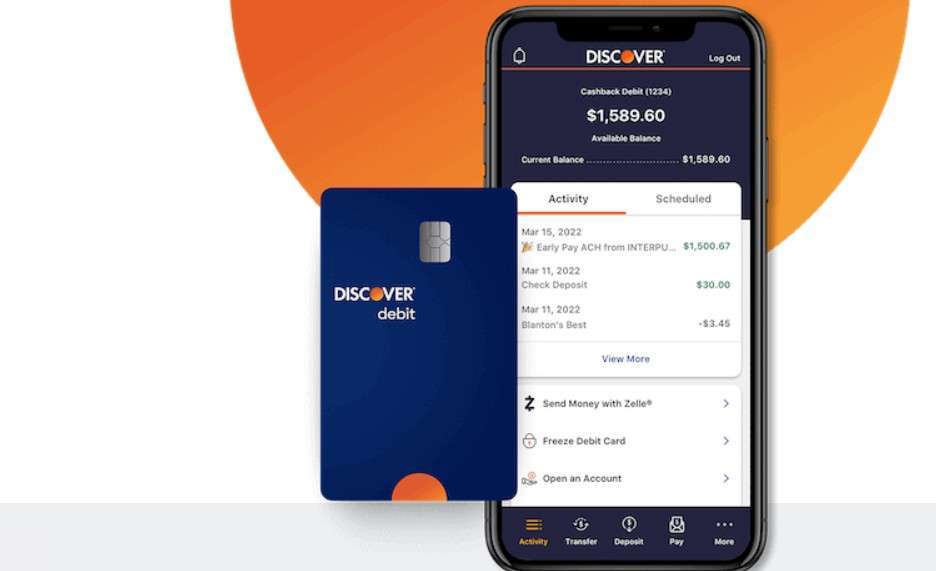Before Bank Underground goes off on its Christmas holidays, it’s time for the Annual Bank Underground Christmas Quiz! We hope you enjoy testing your knowledge on our festive themed questions on economics, finance and all things central banking…
1) (Literature) In which of Jane Austen’s novels were the Miss Steeles ‘prevailed on to stay nearly two months at the park, and to assist in the due celebration of that festival which requires a more than ordinary share of private balls and large dinner parties to proclaim its importance’?
Incorrect
Incorrect
Correct. This festive reference occurs in Chapter XXIV of Jane Austen’s novel, highlighting social customs of the time.
Source: ‘Sense and Sensibility’, Chapter XXIV (Project Gutenberg).
2) (Economic History) St Nicholas’s Day is celebrated on 6 December. His habit of secret gift-giving inspired Santa Claus. What was he said to have dropped into the house of a poor family under the cover of night?
Incorrect
Source: ‘Who is St. Nicholas?: St. Nicholas Center‘.
3) (Commodities) A gold medal at the 1908 London Olympics contained 100% gold. What amount of gold is found in medals awarded at the 2024 Paris Olympics?
Correct. Modern gold medals are made primarily of silver with a thin layer of gold plating (around 6 grams). By contrast, medals at earlier Olympics, like those in 1908, were predominantly gold.
Source: International Olympic Committee information on medal compositions.
4) (Central Banking) During 2024, Governor Andrew Bailey had an unusual encounter with which animal?
Incorrect
Source: ‘Yorkshire Wildlife Park Ltd‘.
Incorrect
5) (Macroeconomics) What, by law, must be provided to HM Treasury by Christmas Day 2024?
Incorrect
Incorrect
Correct. This report must be submitted annually to HM Treasury under the Financial Services and Markets Act 2023.
Source: UK legislation on financial oversight requirements.
Incorrect
6) (Economic History) Christmas Day seems always to have been a holiday for bank staff. Currently the Bank offers staff 26 days’ annual leave in addition to public holidays. During the first half of the 19th century, the leave entitlement varied widely – at times even more generous than today and at other times much less so. Which year offered the least leave entitlements?
Correct. In 1834 the Bank offered 4 days (May Day, All Saints Day, Good Friday, and Christmas Day). In 1808 the Bank offered 44 days (saints’ days and religious festivals), in 1828 it offered 33 days (saints’ days and religious festivals), and in 1850 offered 15–21 days depending on service.
Sources: David Kynaston, ‘Till Time’s Last Sand: A History of the Bank of England 1694–2013’; H. Cunningham, ‘The Cambridge Social History of Britain 1750–1950’.
7) (Gifts) Which of these gifts has Governor Andrew Bailey received during his term of office?
Source: ‘Bank of England‘.
Incorrect
8) (Economic Geography) Which country has featured a snowflake design on one of its banknotes?
Source: ‘Norges Bank‘.
9) (Currency) Which mythical creature occasionally appears on Roman coins, though more commonly associated with ancient Greek coinage?
Correct. While Pegasus, the winged horse, is more famously associated with Greek coins, such as those of Corinth, the winged horse does appear on rare occasions in Roman coinage, often in mythological or artistic contexts rather than for military symbolism.
Source: ‘Roman Coins and Their Values’ by David Sear (and Greek numismatics for broader context).
If you want to get in touch, please email us at [email protected] or leave a comment below.
Comments will only appear once approved by a moderator, and are only published where a full name is supplied. Bank Underground is a blog for Bank of England staff to share views that challenge – or support – prevailing policy orthodoxies. The views expressed here are those of the authors, and are not necessarily those of the Bank of England, or its policy committees.
Share the post “The Bank Underground Christmas Quiz 2024”
Publisher: Source link











